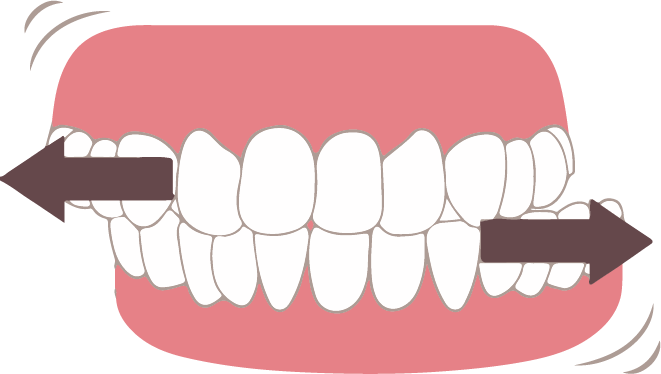
Grinding, also known as bruxism, is the involuntary movement of the teeth against each other, often accompanied by a side-to-side motion. It typically occurs during sleep but also during the day.
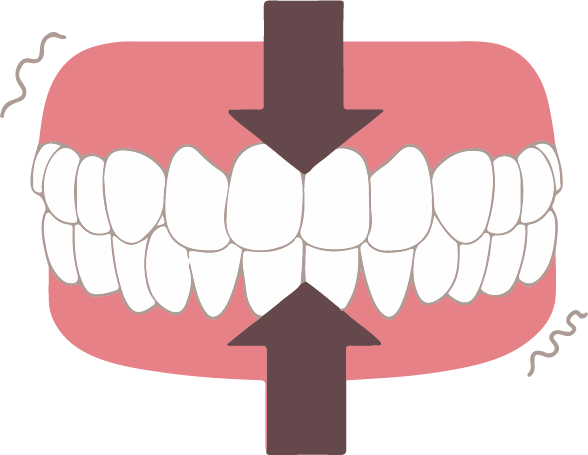

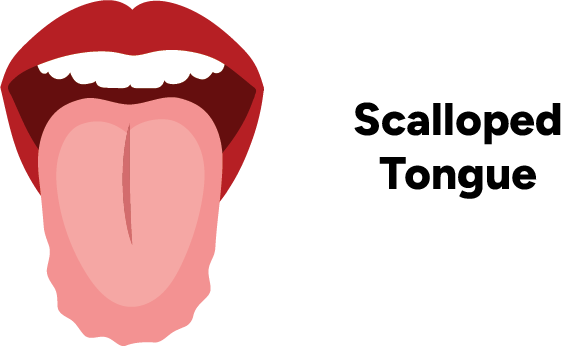
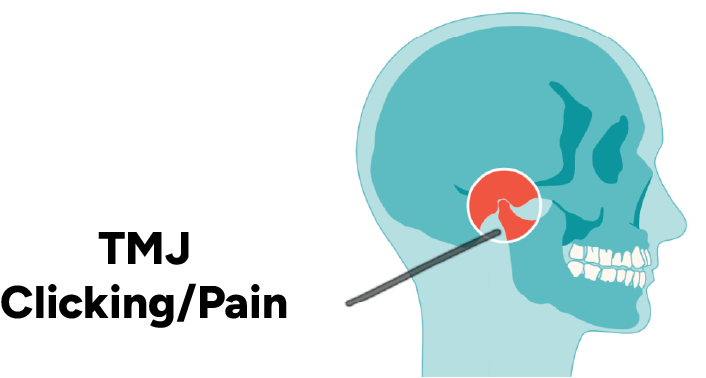
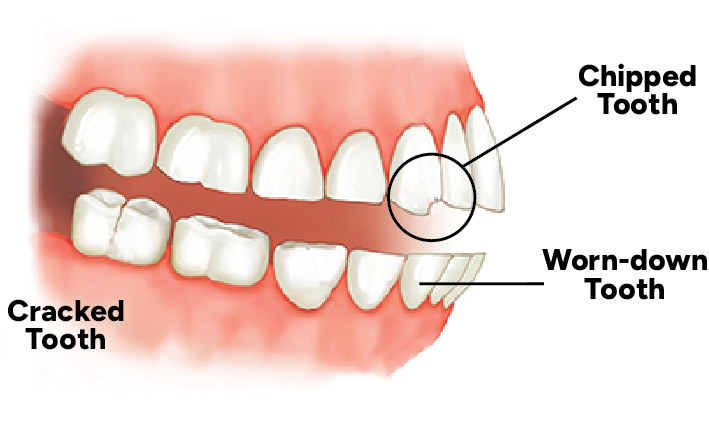
Misaligned teeth and improper jaw positions play a significant role in the development of grinding and clenching behaviors. By addressing these structural issues through orthodontic and medical interventions, individuals can alleviate the symptoms of bruxism, protect their dental health, and improve their overall quality of life. If you suspect that dental misalignments are contributing to your grinding or clenching habits, schedule a consultation with us and learn more!